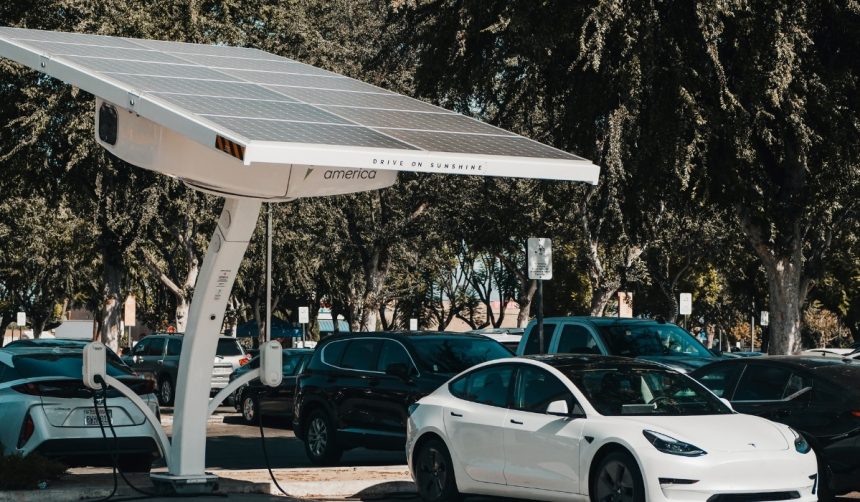The upcoming Tesla shareholder meeting promises high stakes, as a vote nears on CEO Elon Musk’s proposed compensation package that could grant him $1 trillion in stock, securing his position with over 27 percent ownership. Investors and analysts have weighed in, with most expecting the deal to pass despite resistance from some advisory firms. The public discussion around this package illustrates the complex relationship between Musk, Tesla, institutional investors, and retail shareholders, reflecting ongoing debates about executive pay in the tech sector.
Past reports on Musk’s compensation at Tesla highlighted strong backing from retail investors and vocal online communities but also pointed to increasing scrutiny from institutional investors and proxy advisory firms. Initial speculation in earlier years focused on Musk’s ambitious targets and how these linked substantial payouts to Tesla’s market value performance, while objections repeatedly emerged regarding governance and pay magnitude. Over time, Musk’s growing influence on both Tesla product direction and company culture has remained a central point of discussion as his leadership style continues to draw both devoted supporters and critical analysis from financial institutions.
What are the terms of Musk’s new compensation package?
The newly proposed compensation plan, set for approval at the November 6 annual meeting, would award Musk substantial stock grants if certain market and operational benchmarks are reached. This potential payout, which could total $1 trillion, aligns closely with Musk’s stated desire for a significant ownership stake and influence over Tesla’s direction moving forward. If approved, Musk’s ownership could exceed 27 percent of the company, amplifying his authority among shareholders and stakeholders. Proxy advisory firms Institutional Shareholder Services (ISS) and Glass Lewis, however, have recommended voting against the package, raising concerns over its size and terms.
How are major investors responding to the proposed plan?
Despite opposition from several proxy firms, prominent investors have shown support for Musk’s compensation. The State Board of Administration of Florida (SBA) publicly announced its intention to vote in favor of the package, becoming the first large-scale shareholder to do so. Analyst Gary Black of the Future Fund commented,
“There is a near-zero chance that $TSLA shareholders will vote down Elon’s new proposed comp plan at the Nov 6 shareholders’ meeting.”
Betting platform Kalshi reports a 94 percent probability of the pay package being approved, further suggesting broad investor confidence in Musk’s leadership of Tesla.
Why does this compensation plan generate debate?
The plan’s magnitude and implications for corporate governance have fueled discussions. Advocates argue that Musk’s vision and execution have driven Tesla’s growth, warranting such a remuneration deal as an incentive for continued leadership. Skeptics, including ISS and Glass Lewis, caution against concentrating too much power and reward without stricter accountability measures. Gary Black, whose Future Fund divested Tesla shares earlier due to valuation concerns, noted,
“The company’s valuation had become too disconnected from fundamentals.”
Despite his disposition, he reserved a bullish price target, reflecting the divergence in investor perspectives on Tesla’s future prospects.
Investor debate over Musk’s compensation has persisted with each new milestone achieved by Tesla, particularly as the company’s stock price and earnings have fluctuated. Earlier shareholder proposals and executive compensation plans sparked disagreements over risk and reward, with ongoing tension between growth ambitions and prudent governance. The latest proposed deal is another step in Tesla’s ongoing journey to balance innovation, accountability, and shareholder return. The expected approval reflects the enduring impact of Musk’s leadership while keeping questions about the sustainability of such pay structures in focus for institutional and retail shareholders alike. Investors following this vote can look at metrics such as Tesla’s free cash flow, delivery targets, and market share in EVs to form their opinions about executive compensation and its ties to company performance.
- Tesla investors will soon vote on Elon Musk’s $1 trillion pay package.
- Major shareholder support suggests approval, despite some institutional resistance.
- Debate continues over executive pay, company governance, and performance links.










